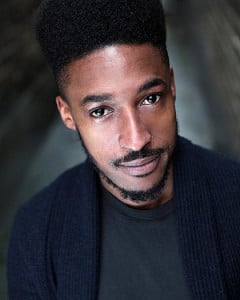Documentary: Physics of the Future - Michio Kaku
Vocal Characteristics
Language
EnglishVoice Age
Young Adult (18-35)Accents
British (General) British (Received Pronunciation - RP, BBC)Transcript
Note: Transcripts are generated using speech recognition software and may contain errors.
By the end of this century, we will control computers directly with our minds, like Greek gods, we will think of certain commands, and our wishes will be obeyed. The foundation for this technology has already been laid, but it may take decades of hard work to perfect it. This revolution is in two parts. First, the mind must be able to control objects around it. Second, a computer has to decipher a person's wishes in order to carry them out. The first significant breakthrough was made in 1998 when scientists at Emory University and the University of Tubingen, Germany, put a tiny glass electrodes directly into the brain of a 56 year old man who was paralysed after a stroke. The electrode was connected to a computer that analysed the signals from his brain. The strike victim was able to see an image of the castle on a computer screen. Then by biofeedback, he was able to control the cancer of the computer display by thinking alone. For the first time, a direct contact was made between the human brain on a computer. The most sophisticated version of this technology has been developed at Brown University in the USA by neuroscientist John Doe. Nicky, who has created a device called Brain Gate to help people who have suffered debilitating brain injuries, communicate. He created a media sensation and even made the cover of Nature magazine in 2006. Don't Abuse Dream is to have brain gate revolutionised the way we treat brain injuries by harnessing the full power off the information revolution.
